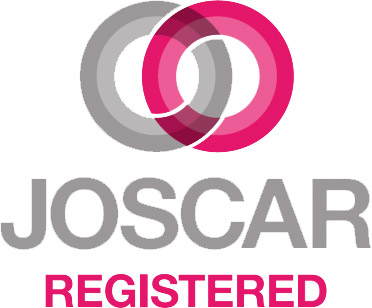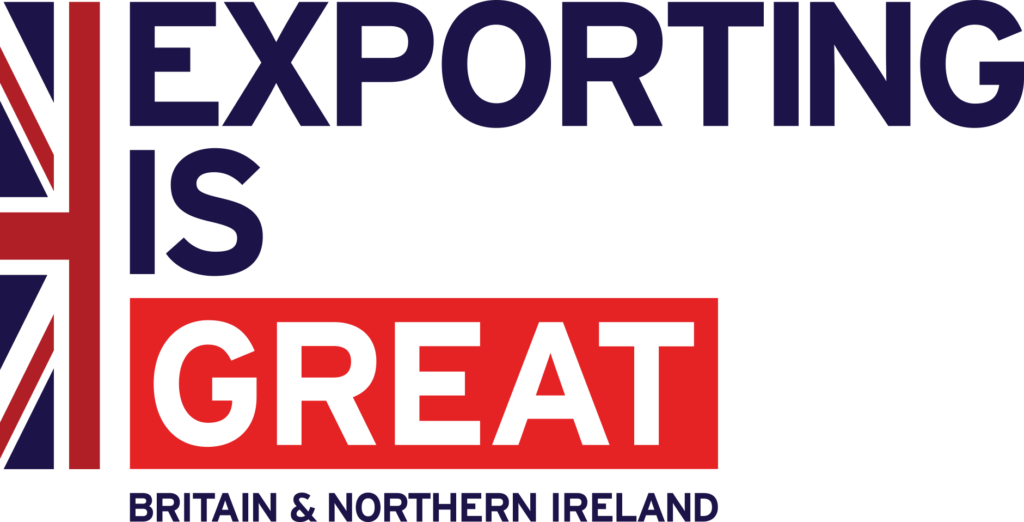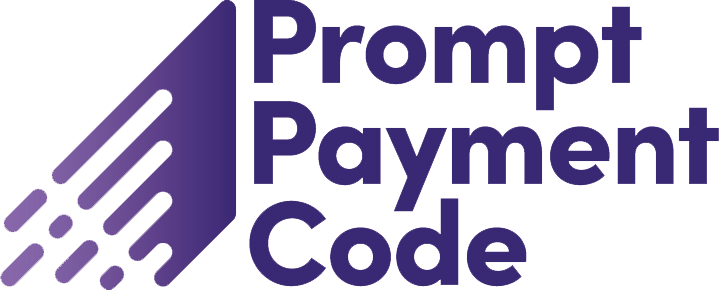 Reading the news, there are some thought-provoking parallels between the apparently unconnected headlines: The spread of the Coronavirus, Huawei or not Huawei, the Grenfell Tower inquiry and HS2. All involve fundamental questions around our governance and decision-making abilities. A case of key people in authority taking responsibility.
Reading the news, there are some thought-provoking parallels between the apparently unconnected headlines: The spread of the Coronavirus, Huawei or not Huawei, the Grenfell Tower inquiry and HS2. All involve fundamental questions around our governance and decision-making abilities. A case of key people in authority taking responsibility.
Is our approach to the Coronacirus, Covid-19 sufficient, with increasing outbreaks around the world? Opinions differ: have China, Japan, South Korea, Italy, Iran made sensible responses? Will governments in the next hotspot countries do any better? As individuals, what responsibility do we have? It’s only with hindsight, that we will be able to say whether we have done the right things and if not, what should have been done. Recently the World Health Organisation mission director warned that the world is ‘simply not ready’ to tackle the problem.
Despite measures to control the outbreak, we have so far underestimated the speed with which the virus would spread. The outcome of course is human tragedy. Not on the same scale but still important are the predicted effects on the global economy, supply chain disruption, restrictions on travel, cancellation of international sports and business events, family holidays ruined, school and university closures – we have yet to see how it will all pan out.

Other current events pale in comparison, but nonetheless also pose big questions around governance and decision-making.
For example, take the recent debate around contracting Huawei to provide network capability. With competing decision criteria: latest technology, privacy and state secrets, cost, productivity targets, global relations, partnering with the US, this is a difficult decision to make. A balance of threat against opportunity. Cyber security and cyber crime are hot topics, affecting individuals, governments, business. This decision comes amidst the rumbling and grumbling about Facebook and Cambridge Analytica, Google and the like, harvesting our data and manipulating our news feeds – all grist to the mill.
 In the UK, the Grenfell Tower inquiry has been looking into governance, involving the people whose decisions led to the death of so many people in the London tower block fire. Following significant criticism of the London Fire Service, more recent focus has been on the use of flammable materials in the building’s cladding, with talk of potential prosecutions. One would expect that the controls enshrined in the UK’s building and fire regulations would be enough to protect people. Did decisions made around refurbishing Grenfell Tower ignore this and why is it taking so long to deal with other similar tower blocks that are at risk?
In the UK, the Grenfell Tower inquiry has been looking into governance, involving the people whose decisions led to the death of so many people in the London tower block fire. Following significant criticism of the London Fire Service, more recent focus has been on the use of flammable materials in the building’s cladding, with talk of potential prosecutions. One would expect that the controls enshrined in the UK’s building and fire regulations would be enough to protect people. Did decisions made around refurbishing Grenfell Tower ignore this and why is it taking so long to deal with other similar tower blocks that are at risk?
The common thread is that these all involve significant risk-based decisions are made on the assumption that the controls are adequate and our reliance that we have adequate control of the situation. We make decisions on the best information available at the time. So, is there a problem with not having good information? Or are we just not good enough at taking responsibility through governance, controls and sound decision-making? Perhaps it involves all of these things.

We can learn from a situation at a less serious level. Another recent news item in the UK is the review and decision to proceed with the high-speed rail project HS2, despite spiralling costs and much extended timeframes. Most countries have similar projects and difficult decisions to make, with budget constraints, strong lobby groups and political pressures.
I recall, at a conference two years ago, I saw a presentation by an experienced HS2 risk manager on governance in mega projects. The slides included an array of impressive management structures, that the packed room of delegates busily took notes on. Unfortunately, there was one thing I thought the slides missed: simplicity.
*If you enjoyed this post, please heart it and share it through the links at the bottom of the page.












